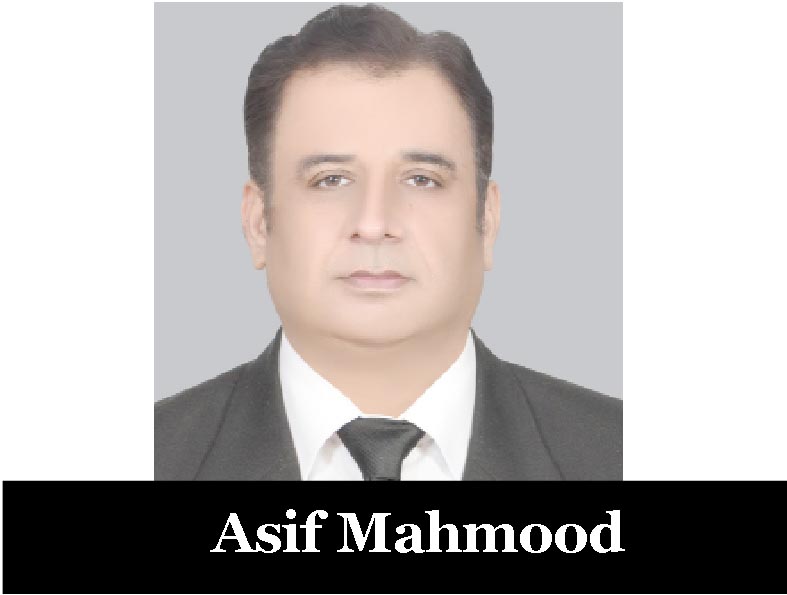Asif Mahmood
Federal Minister Khawaja Asif has recently made public remarks that resemble “breaking news” headlines, alleging serious corruption within Pakistan’s bureaucracy. He claimed that nearly half of the country’s bureaucrats have purchased property in Portugal and that influential figures are engaged in a tug-of-war over the import of gutka. He further observed that the media appears unaware of these matters, attributing this to the decline of investigative journalism.
While such concerns are not to be dismissed, they do merit a careful and systematic examination. If indeed half of the bureaucracy has acquired property abroad, this is an extraordinary claim that demands substantiation. As a sitting minister, Khawaja Asif occupies a position from which he can present credible evidence or official reports. Without such documentation, the allegation risks being perceived as political rhetoric rather than a substantive policy statement.
If this transfer of wealth abroad is legal, the underlying question then becomes: who enacted the laws permitting it? It is parliament , not the media, that holds the authority to regulate such matters. In this context, it is reasonable to ask whether the Minister has ever introduced or supported legislation aimed at reforming bureaucratic practices.
Khawaja Asif’s remark that “the bureaucracy is defiling the sacred soil of Pakistan” is striking, but it also raises the question of political responsibility. The bureaucracy does not operate in isolation; it functions under the governments that empower it.
The Minister also alluded to a bureaucrat who allegedly received four billion rupees in wedding gifts for his daughters. Such a statement, without naming the individual or providing evidence, weakens the seriousness of the charge. Similarly, his use of the term “Usman Buzdar’s bureaucrat” invites clarification: is the objection rooted in corruption, or in political affiliation?
Moreover, the privileges and perks enjoyed by senior bureaucrats have not been granted by journalists or press clubs, but by successive governments through legislative and executive actions. Studies by the Pakistan Institute of Development Economics have even shown that average bureaucratic salaries exceed those of certain UN staff by a notable margin. Here again, the question arises: has parliament, including the present government, made any effort to review or reform these arrangements?
If there is indeed some issue among powerful figures over gutka imports, it is fair to expect that such issues be addressed directly within the cabinet or parliament, rather than through public insinuations directed at the media. Transparency and accountability begin with clear identification of those responsible.
Finally, if investigative journalism in Pakistan has declined, it would be useful to acknowledge that successive governments, including the present one, have at times appointed politically aligned journalists to official posts, thereby blurring the lines between independent reporting and political patronage.
If a federal minister chooses to raise questions about corruption and administrative decay, parliament is the natural forum for doing so, supported by documented evidence and actionable policy proposals. In the absence of such measures, these statements risk remaining in the realm of political commentary rather than contributing to meaningful reform.
